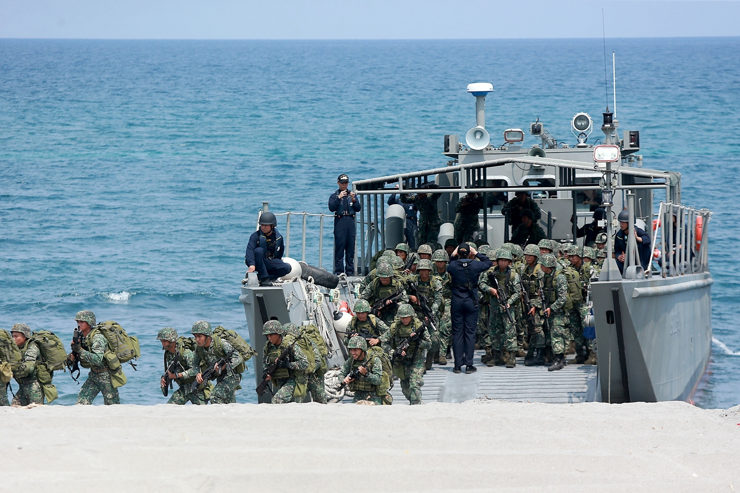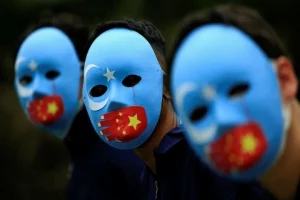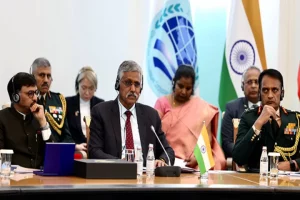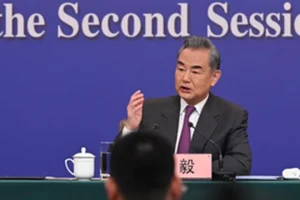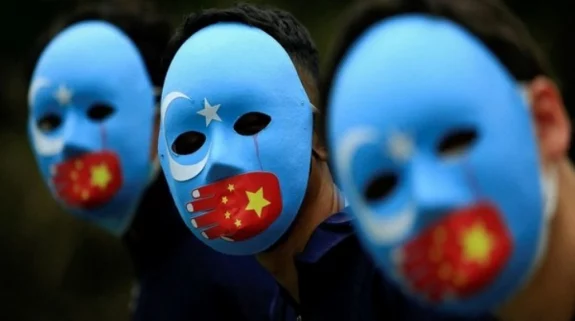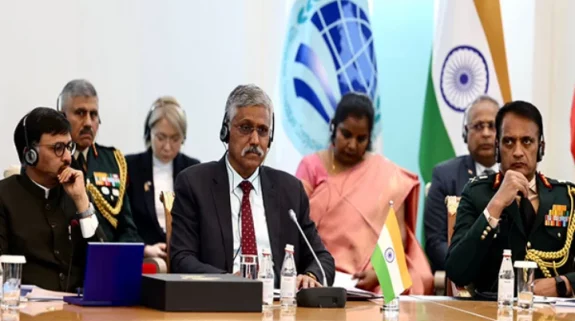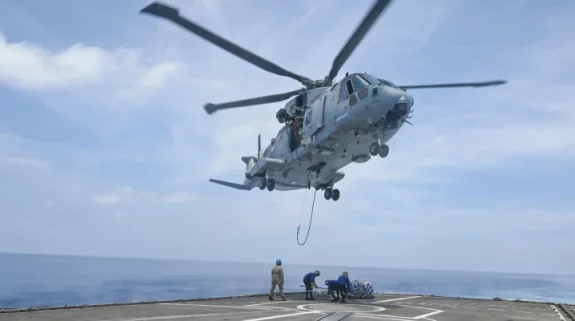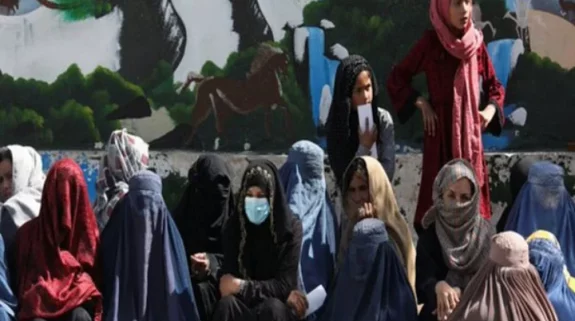12 July 2021 marks five years since the ruling by the Permanent Court of Arbitration, the Hague, which repudiated China's extensive territorial claims in the South China Sea (SCS). In these five years, China has not only consolidated its claims, but has heightened tensions in the region by harassing other nations.
For the Philippines, it was a historic victory that remained on paper. It was unable to translate the favourable judgement into a decisive implementation on the ground, or rather, the sea.
On China's part, it rejected the ruling and still lays claim to all of the SCS—which it refers to as the Nine Dash Line. Five years later, instead of moving out from the areas it disputed and lost in arbitration, China has consolidated its hold by deploying various tactics—intimidation of nations, taking over more islands, augmenting its presence in the sea through maritime militia, scooping out ocean sand and conducting exploration activities.
Read More: China’s sand-sucking dredgers target Taiwan with eco-warfare
SD Pradhan, former chairman, Joint Intelligence Committee and Deputy National Security Adviser, writes in The Times of India, that: "the Ruling states unambiguously that the China’s nine-dash-line claim of “historic rights” to the waters of the SCS is invalid and stresses the centrality of the UNCLOS (United Nations Convention on the Law of the Sea) to govern maritime areas".
The world has come out in support of the Philippines in its case against China. The US has delivered a warning to China.
Secretary of State Antony Blinken warned China that an attack on the Philippines forces could potentially involve the US also. Secretary of State Antony Blinken said: "We also reaffirm that an armed attack on Philippine armed forces, public vessels, or aircraft in the South China Sea would invoke U.S. mutual defense commitments under Article IV of the 1951 U.S.-Philippines Mutual Defense Treaty”.
Read More: Japanese leadership says Japan and US must jointly defend Taiwan against China
In a statement Japanese Foreign Minister Toshimitsu Motegi urged China and the Philippines to accept the legally binding award. "The claim by China that it will not accept the award is against the principle of peaceful settlement of disputes in accordance with international law, in particular UNCLOS, and undermines the rule of law as a fundamental value of the international community. Japan strongly hopes that the parties’ compliance with the award will lead to the peaceful settlement of disputes in the South China Sea", said Motegi.
The American statement over possible Chinese aggression over the Philippines defence forces is similar to the Japanese warning a few days back when Japan had said that if China attacks Taiwan, the US and Japan may be forced to intervene. Chinese bellicosity against its neighbours and terse statements by Western leaderships point to a region that is seething with tensions.
On the fifth anniversary of the arbitration judgement, the Philippines' lawmakers have urged their leadership to make good the legal victory the nation was handed at the Hague. Referring to international support for the Philippines, Senator Grace Poe said: “We should make use of our victory in the tribunal to undertake a determined, focused and unflinching defense of our maritime entitlements and jurisdiction. We should be relentless in pursuing the peaceful path to exercise our rights, with the support of the international community”.
Read more: After massive airspace intrusion, China threatens Taiwan and the democratic world
Despite overwhelming global opposition, China has in fact opened up more disputes in the SCS as the maritime area holds the key to food and energy security—both of which China needs in abundance. The SCS is rich in oil and gas reserves as well as fisheries which the communist giant is exploiting in the face of opposition from, besides the Philippines, other countries like Brunei, Malaysia, Taiwan and Vietnam.






